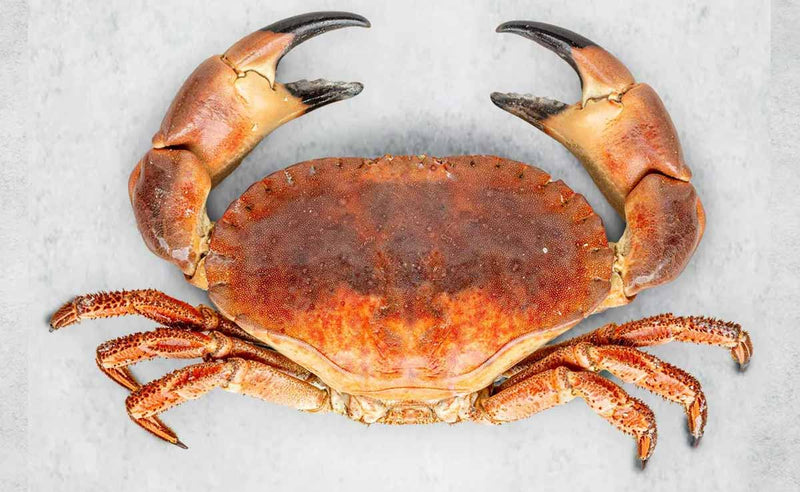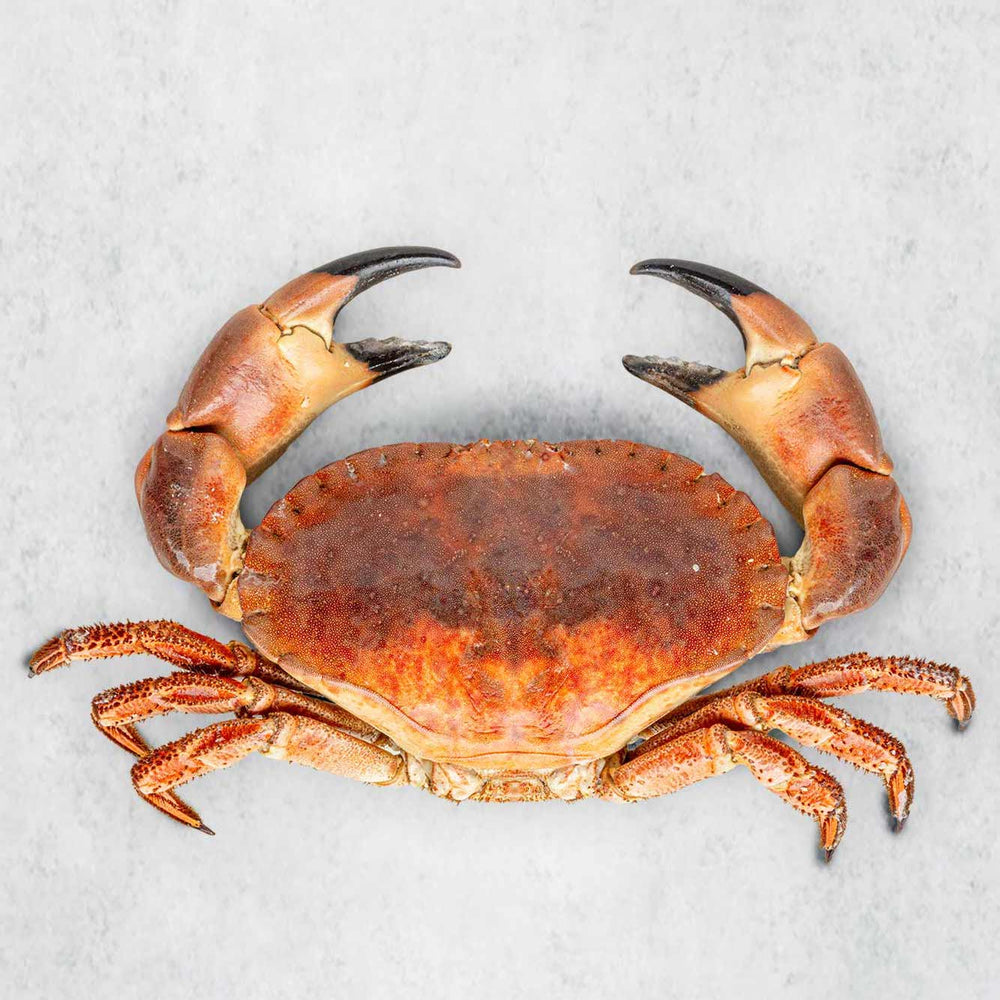Feeling lost at sea? Fish is your answer
Quick read (under five minutes)
It’s Blue Monday. It’s official. The day we’re all meant to be at our most miserable. It’s cold, dark, and horrible. We’re all broke, the warming embers of Christmas spirit have faded into dust, and we’re riddled with shame and guilt that any mad-cap New Year’s resolution-ary schemes we had for self-betterment have already been broken.
There’s even an equation that’s been formulated to suggest that the third Monday in January is the most depressing day of the year. Whilst it is a pseudo-scientific concept developed by clever marketers to originally sell us holidays, there is certainly a truth that these bleaker winter months (not just today!) can get us feeling a little in the doldrums. But never fear, there’s a slippery trick that science says is sure to make us feel a bit more buoyant.
FEEL GOOD FOOD
It’s tempting on these darker nights to reach for some sugary comforts, the quick kick to our blood glucose levels provides a temporary relief. But the following crash that these ultra-processed snacks bring is certain to pull your mood down further. And the inevitable weight gain from snacking in this way will over time make you burrow deeper into the murky blue depths of despair.
As a rule, it is best not to turn to food as coping mechanism for your emotions — it usually doesn’t help, it just distracts you from dealing with them. But in the case of the winter blues, research does suggest that there is one food that is proven to make us feel a little sunnier. You guessed it, it’s fish. The beneficial oils found in fish have been scientifically proven to maximize your chances of feeling brighter as you wait for the tides of spring to turn.
EAT LIKE AN ICELANDER
There are enough books on the health benefits of fish to fill the Mariana Trench. But when it comes to beating the winter blues some of the most compelling research comes from Iceland. Given its geographic position high up in the Northern Hemisphere, Iceland suffers from extremely dark and cold winters and yet the people there have virtually no seasonal affective disorder (SAD) - compared to 1 in 20 in the UK. After puzzling as to why this was, researchers pinned it on the fact that Icelanders have one of the highest per-capita fish consumptions of any population, more than quadruple that of the supposed fish and chip-loving United Kingdom. This fish-rich diet means they’re getting a lot of omega-3, which is deeply beneficial for brain health as well as providing mood-stabilising and anti-depressive effects.
The NHS recommends we eat at least two portions of fish every single week (although less than a third of us actually achieve this!) One of these portions, they state, should be “an omega-3 rich oily fish like herring or mackerel”. On these colder winter evenings, a warm Sri Lankan-style mackerel curry made with one of our tins of bay mackerel will make for a hearty winter boost. The whopping 4.1 g of mood-restoring omega-3 per 100 g of mackerel is, according to the Icelanders at least, enough to put a good gust of wind back in your sails.
SUNSHINE ON YOUR PLATE
There is no food source richer in vitamin D than fish. Called the sunshine vitamin because our body produces it naturally when exposed to UV rays, it’s hard to come by in these darker winter months. Vitamin D is essential for bone growth, cancer cell control, fighting infections and reducing inflammation. In short, it’s a wonder nutrient. And a depleted store can have a significant impact on our mood.
For us, getting a moment outside to walk along the seafront can do wonders to improve our outlook. Even if it’s cloudy, opting to embrace the outside chill rather than hibernating in the comfort of the front room can do a lot in helping your body produce its much-needed vitamin D.
But often this is not enough, so ensuring we get our vitamin D fix through what we eat is essential. Of all fish, sardines are one of the most abundant sources of vitamin D. Ready-to-eat sardines are available on our Online Seafood Market, prepared and blast-frozen within hours of being caught these gorgeous, buttery, slithers of goodness pack quite the delicious roster of health-boosting benefits.
In 2013 Harvard Medical School officially recommended the adoption of a ‘Mediterranean diet’ – rich in fish, whole grains, and plant-based food – for a longer, healthier life. For approximately zero effort a tin of our Mount’s Bay sardines can be turned into a simple sardine and tomato tagliatelle that will transport your tastebuds from a dark and gloomy English January to the sun-kissed, emerald shores of the Med.
So, if you are feeling a little lost at sea this winter, rather than drown your sorrows with a stiff drink, or crunching through a pack of ships biscuits, give fish a go to put the flick back in your tail.



